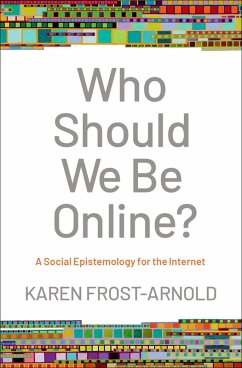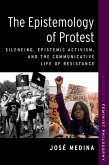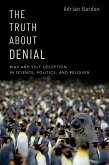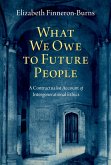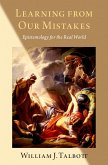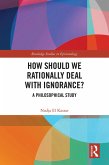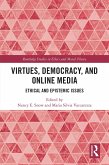Global inequalities and our social identities shape who we are, who we can be online, and what we know. From social media to search engines to Wikipedia, the internet is thoroughly embedded in how we produce, find, and share knowledge around the world.
Who Should We Be Online? examines the challenges of the online world using numerous epistemological approaches. Tackling problems of online content moderation, fake news, and hoaxes, Frost-Arnold locates the role that sexism, racism, and other forms of oppression play in creating and sharing knowledge online. Timely and interdisciplinary,
Who Should We Be Online? weaves together internet studies scholarship from across the humanities, social sciences, and computer science. Frost-Arnold recognizes that the internet can both fuel ignorance and misinformation and simultaneously offer knowledge to marginalized groups and activists. Presenting case studies of moderators, imposters, and other internet personas, Frost-Arnold explains the problems with our current internet ecosystem and imagines a more just online future.
Who Should We Be Online? argues for a social epistemology that values truth and objectivity, while recognizing that inequalities shape our collective ability to attain these goals. Frost-Arnold proposes numerous suggestions and reform strategies to make the internet more conducive to knowledge production and sharing.
Dieser Download kann aus rechtlichen Gründen nur mit Rechnungsadresse in A, B, BG, CY, CZ, D, DK, EW, E, FIN, F, GR, HR, H, IRL, I, LT, L, LR, M, NL, PL, P, R, S, SLO, SK ausgeliefert werden.

